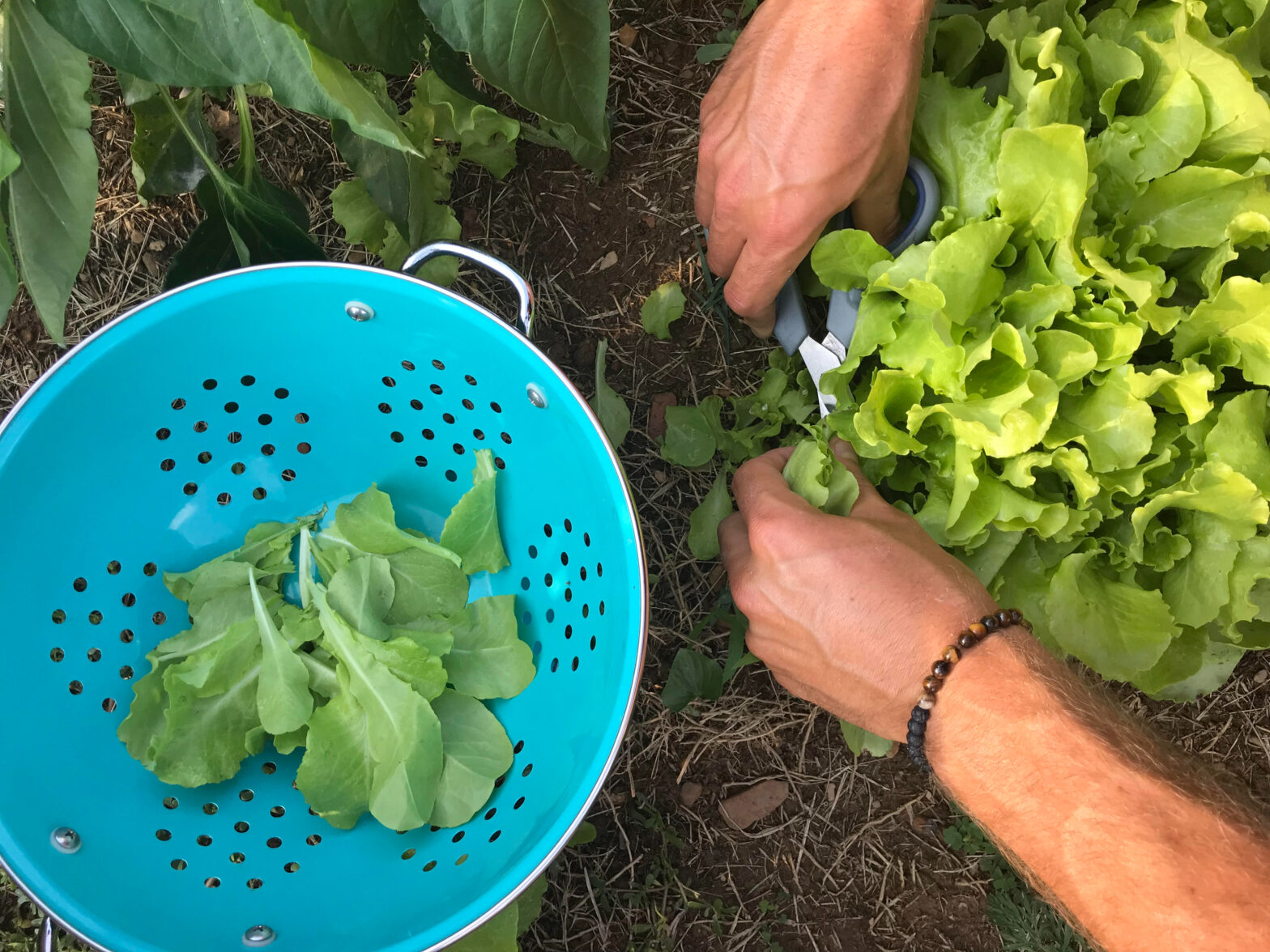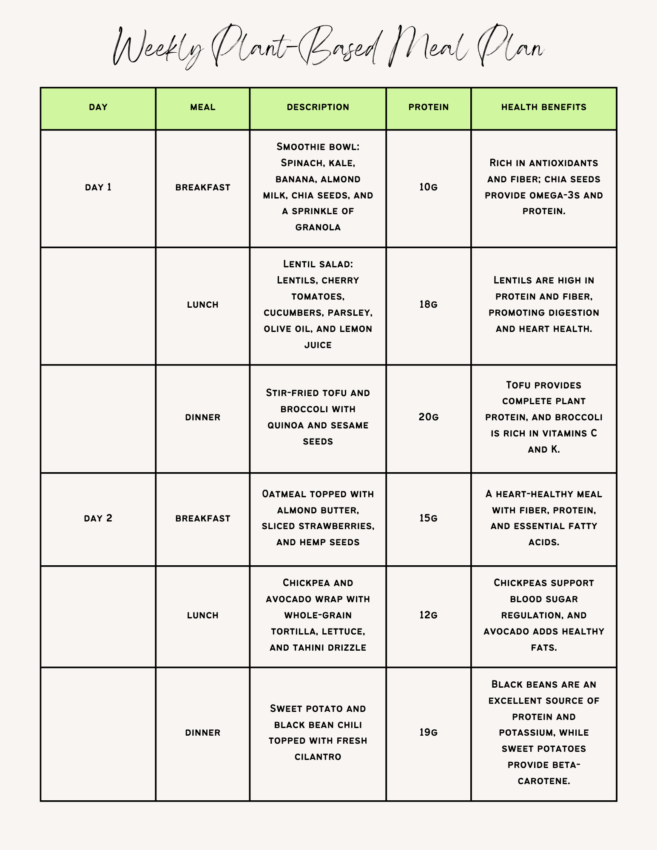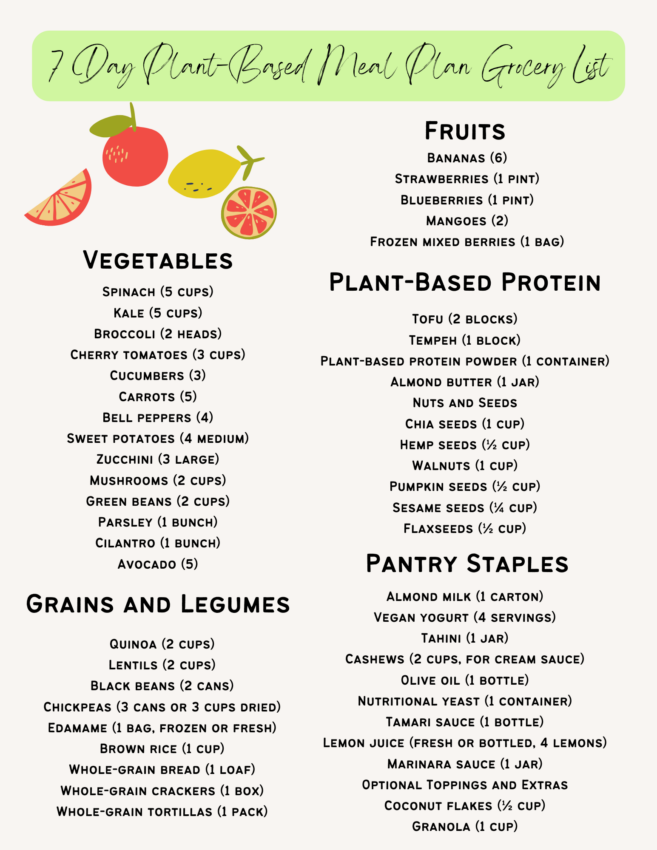The information provided on the blog and the material linked are for educational purposes only and does not substitute for professional medical advice. Please consult a medical professional with any questions or concerns.
Eating more vegetables is one of the easiest ways to improve your health, manage weight, and lower the risk of diseases like coronary heart disease and certain types of cancer.
Whether you’re aiming to enhance your intake of essential nutrients or explore new culinary delights, incorporating a variety of vegetables and fresh produce into your diet is a great way to start.
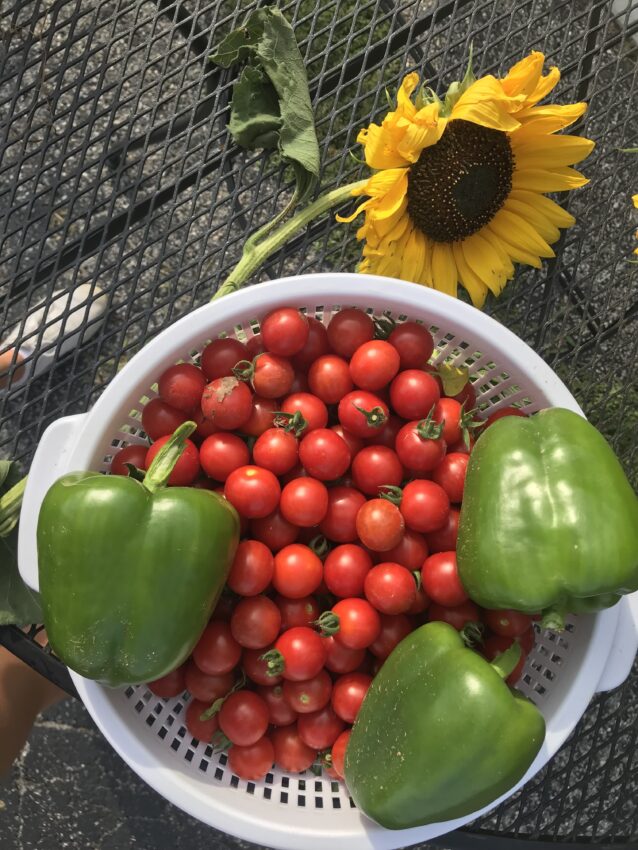
I began my vegan journey over three years ago. While I support incorporating more vegetables into your diet, this article isn’t about persuading you to go vegan.
Instead, it’s meant to inspire you to eat more fruits and vegetables so you can enjoy their numerous benefits, such as leading a healthier, more energetic life.
But first, the power of plants..
The Healing Power of Plant Medicine
Plants offer incredible healing powers, supporting well-being and reducing the risk of chronic conditions like cancer.
A diet rich in whole, plant-based foods can increase your chances of survival even after a negative diagnosis. In fact, Dr. Shireen Kassam and Dr. Laura Freeman saw enhanced recovery and resilience in cancer patients.

Cruciferous vegetables such as broccoli and bok choy contain glucosinolates that help reduce inflammation and detoxify the body. Similarly, antioxidant-rich fruits like berries combat oxidative stress and promote overall health.
Beyond disease prevention, foods like walnuts, oats, and lentils boost energy and improve mood, with omega-3 fatty acids in walnuts supporting brain health.
Embracing plant medicine nourishes the body and fosters a sustainable lifestyle.
7 Day Plant-Based Meal Plan & Grocery List!
Easy Ways to Eat More Vegetables
1. You don’t need to create new recipes from scratch to eat more vegetables. Instead, try turning your favorite meals plant-based, like swapping ground beef in a taco salad with chickpeas or replacing meatballs with lentils.
If you’re new to tofu, try freezing and thawing it before cooking improves its texture and makes it much more enjoyable!
2. Smoothies with Hidden Vegetables: A smoothie loaded with leafy greens is an excellent way to increase your vegetable intake.
Mask the taste of greens by blending them with fresh fruits like mango or pineapple.
3. Snacking Smart: Keep raw vegetables like cucumbers, carrots, and snap peas on hand for a crunchy, nutrient-rich snack.
These are easy to find at your local grocery store and require minimal preparation.
4. Experiment with Serving Sizes: Try adding extra vegetables to your usual meals.
For example, double the amount of snap peas in your stir-fry or add a handful of green peas to your soup.
Planning Ahead for Healthy Food Choices
This post contains affiliate links meaning I may earn a commission, at no extra cost to you, if you make a purchase using these links. That being said, I only recommend products I love and trust.

Pre-planning meals and portion sizes can make a big difference in maintaining a balanced diet. Use your trips to the grocery store to stock up on fresh produce like bok choy, green beans, and red onions.
Planning meals that focus on a variety of vegetables ensures you’ll always have healthy options available.
Condimeat
Consider reducing your meat consumption, as it can be difficult for the body to digest and may lead to bloating and discomfort. It also gives your body the opportunity to eat more vegetables.
Author and podcaster Darin Olien suggests treating meat like a condiment. To be used sparingly, as a topping. By making your meals 75% plant-based, you can significantly boost your overall health and energy levels.
Reducing Calorie Intake with Healthy Substitutes
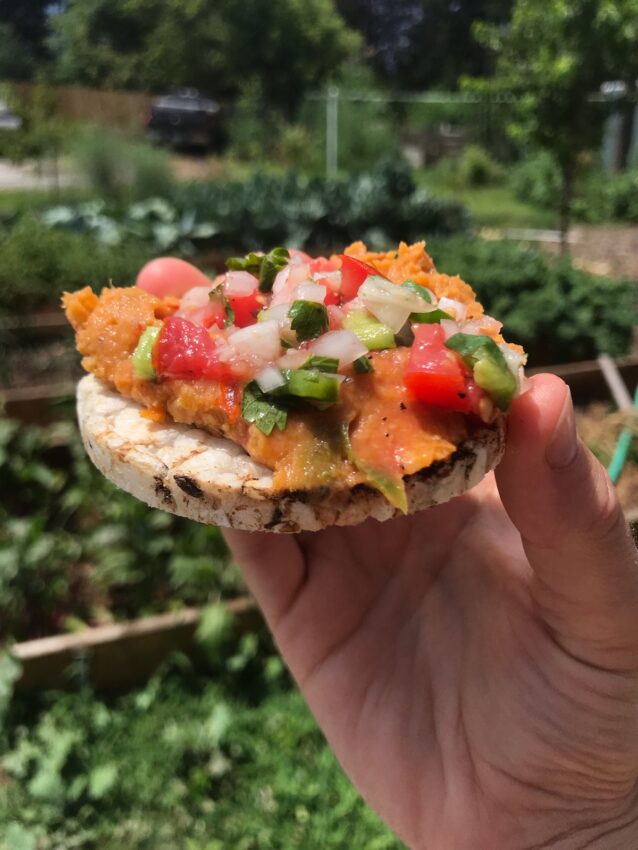
Replacing high-calorie foods with nutrient-rich vegetables is an effective strategy for weight loss. Instead of ice cream, consider blending frozen fruit with Greek yogurt for a satisfying dessert.
You can also substitute calorie-dense sides with fresh salads featuring red pepper, leafy greens, and a light vinaigrette made with lemon juice.
Health Benefits Backed by Science
Eating a variety of vegetables and root vegetables is linked to numerous health benefits, including a reduced risk of cardiovascular disease and heart attack.
The antioxidants and vitamins found in fresh produce like bell peppers and sweet potatoes support overall health and vitality.
For tailored medical advice, consider consulting a registered dietitian to create a plan that works for you.
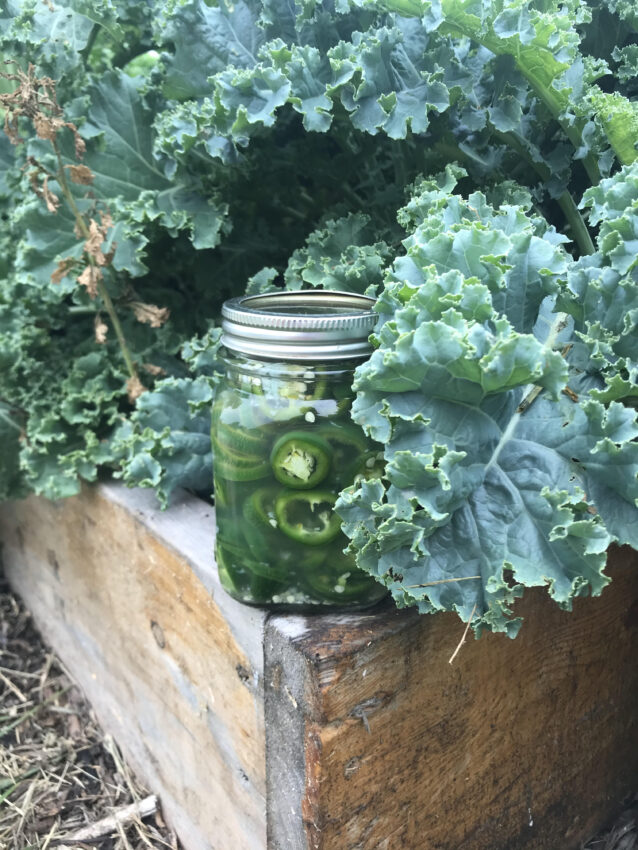
Sweet Potatoes and Root Vegetables: The Power of Nutrients
Root vegetables like sweet potatoes are nutrient powerhouses. Packed with fiber, vitamin C, and antioxidants, sweet potatoes are a fantastic choice for a nutrient-dense side dish.
Try roasting them with a touch of olive oil and your favorite seasonings.
The Easiest Way to Stay Active and Healthy
Physical activity, paired with a diet rich in fresh produce, is key to long-term health. By embracing these delicious ways to enhance your vegetable intake, you’ll not only enjoy the flavors of fresh, wholesome food but also the energy and well-being that come with a nutrient-packed diet.
I hope the following tips have inspired you to eat more vegetables! Check out this 7-day plant-based meal plan I have designed to help you get started.

